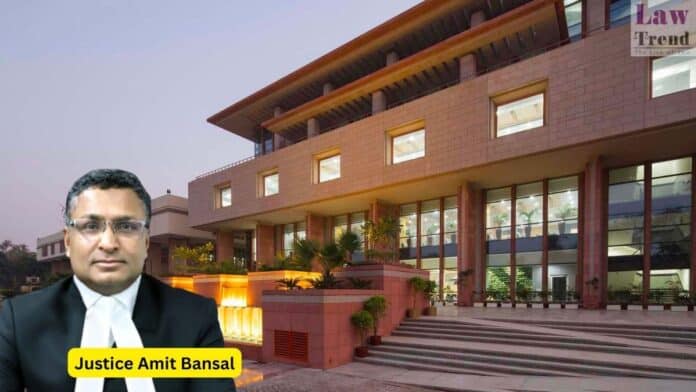The Delhi High Court on Friday set aside a trial court order issuing bailable warrants against a DCP while seeking his presence before it for not making “sincere effects” to expeditiously receive a forensic report in a case under the anti-drugs law.
Justice Amit Bansal said it was “unfathomable” that in spite of a high court decision deprecating such orders against senior officials and asking judicial officers to exercise restraint, a trial court judge was passing these directions in several cases in “complete breach of judicial discipline”.
“Issuance of bailable warrants in a routine manner results in lowering the image and reputation of high-ranking police officials and would also have a bearing on their service records. It also casts a stigma and therefore, the coordinate bench in Ajit Kumar (supra) has rightly emphasised the need to exercise judicial restraint in this regard,” the court said.

In July, the trial court ordered the presence of the investigating officer, the station house officer (SHO), the assistant commissioner of police (ACP) as well as the deputy commissioner of police (DCP) concerned on the next date of hearing on August 2.
However, on that date, the DCP (crime) requested an exemption from personal appearance. The trial court rejected his request and issued bailable warrants in the sum of Rs 5,000 against him on the ground that no official exigencies were shown in the request letter.
“In view of the discussion above, the directions of the judge to direct the personal presence of IO/SHO/ACP/DCP in the present case was completely uncalled for and unwarranted. Further, the directions to issue bailable warrants against the DCP was also completely unjustified and without any authority of law. The directions for issuance of bailable warrants against the DCP, vide order dated August 2, 2023, are also set aside,” the high court ordered.
Since the same trial court judge is “repeatedly passing orders that are in teeth of a detailed judgment” by the high court on the issue, Justice Bansal directed that the present order be “sent to the Inspection Committee of the high court in respect of the said judge”.
Also Read
The court, while dealing with the State’s appeal against the trial court order, observed that a delay in obtaining Forensic Science Laboratory (FSL) reports would not amount to negligence on behalf of the police authorities as the only remedy in their hands is to make a request.
“It needs no reiteration that the FSL is an independent body and in no way under the control or supervision of the Delhi Police. Therefore, it is not in the hands of the Delhi Police to obtain reports from the FSL in an expeditious manner,” the court said.
It further said calling such senior police officials to court would mean that they will not be able to tend to their regular work and in the present case, there was no occasion for the trial judge to “call the IO/SHO/ACP/DCP to the court, much less issue bailable warrants against the DCP”.







